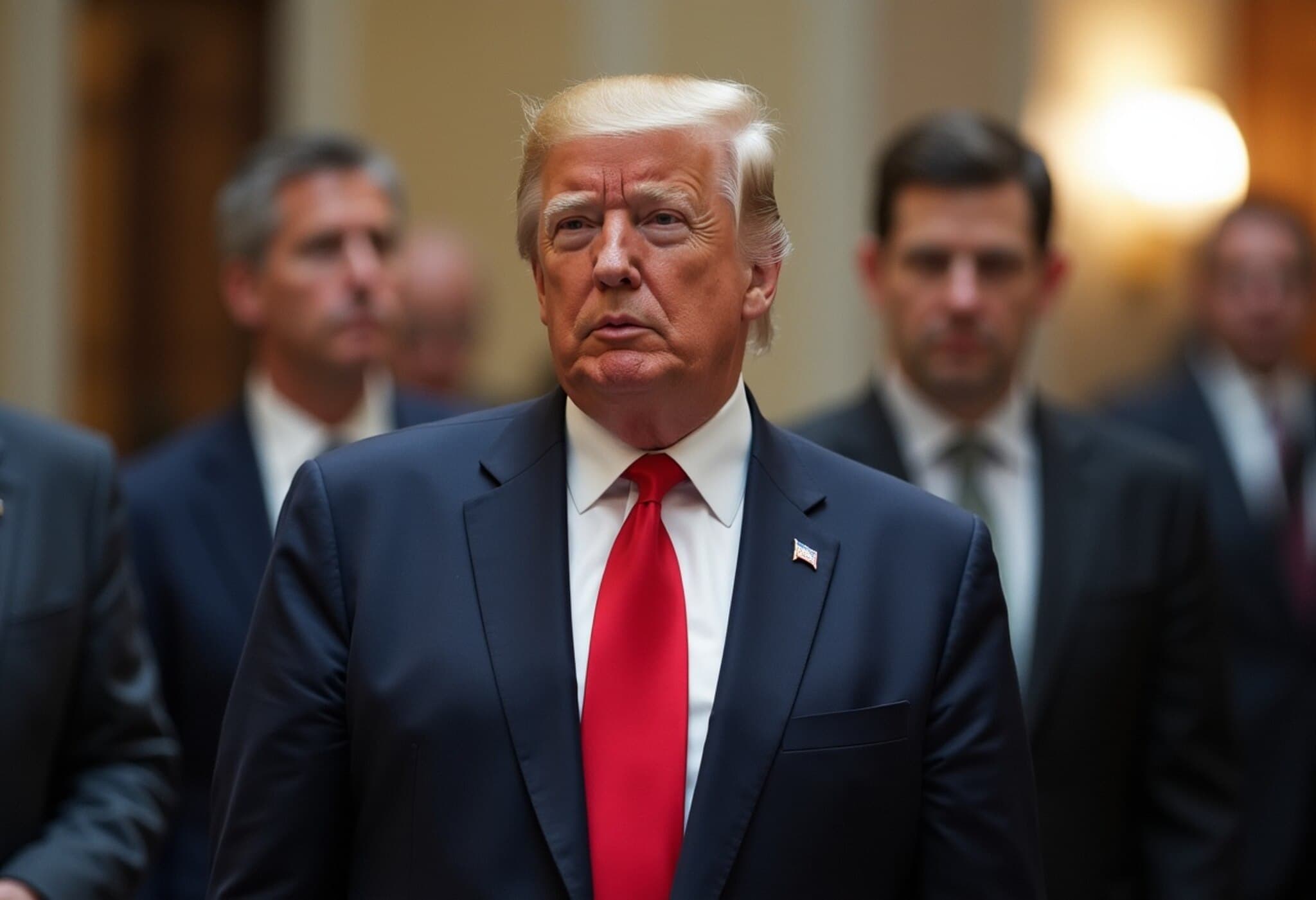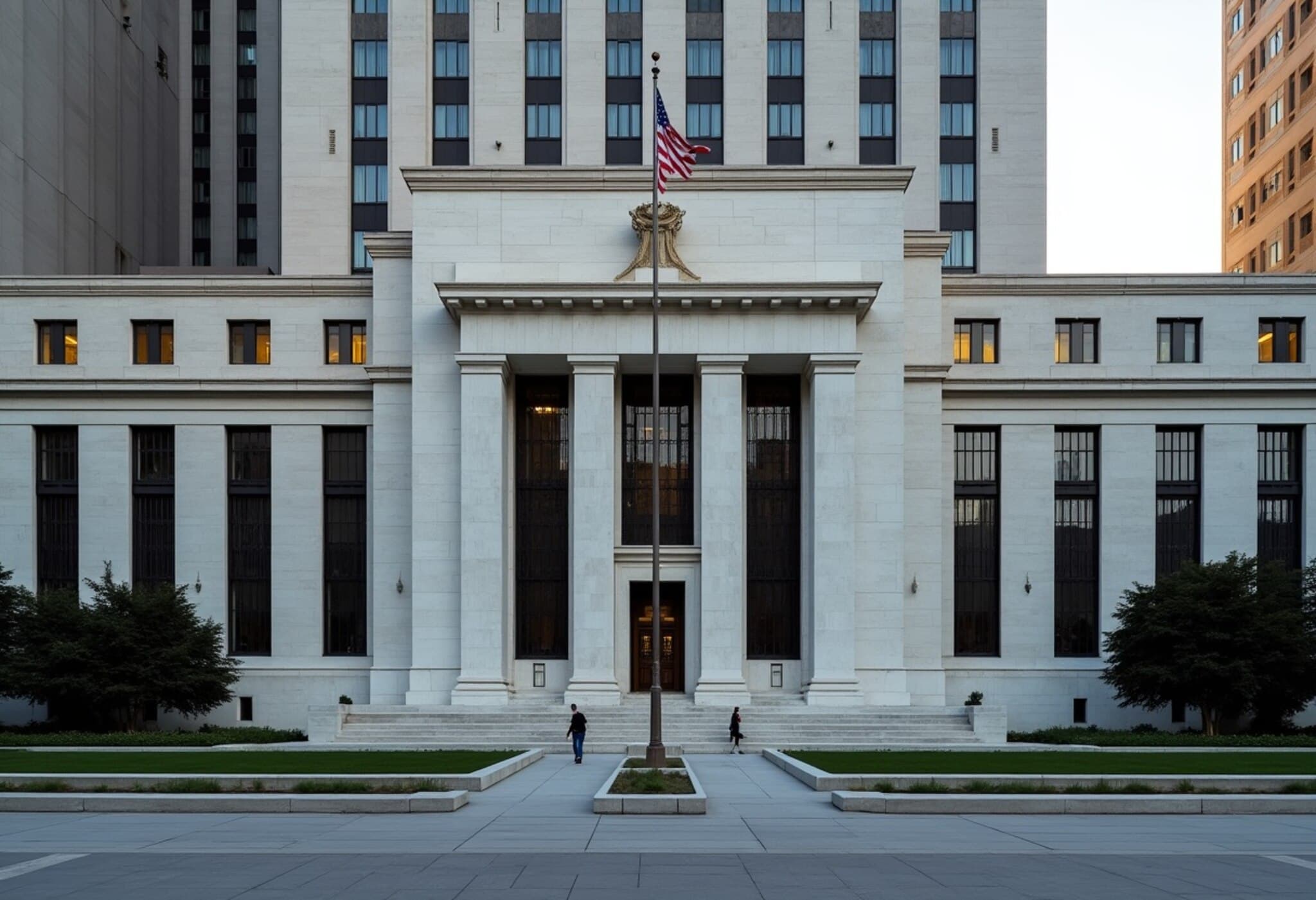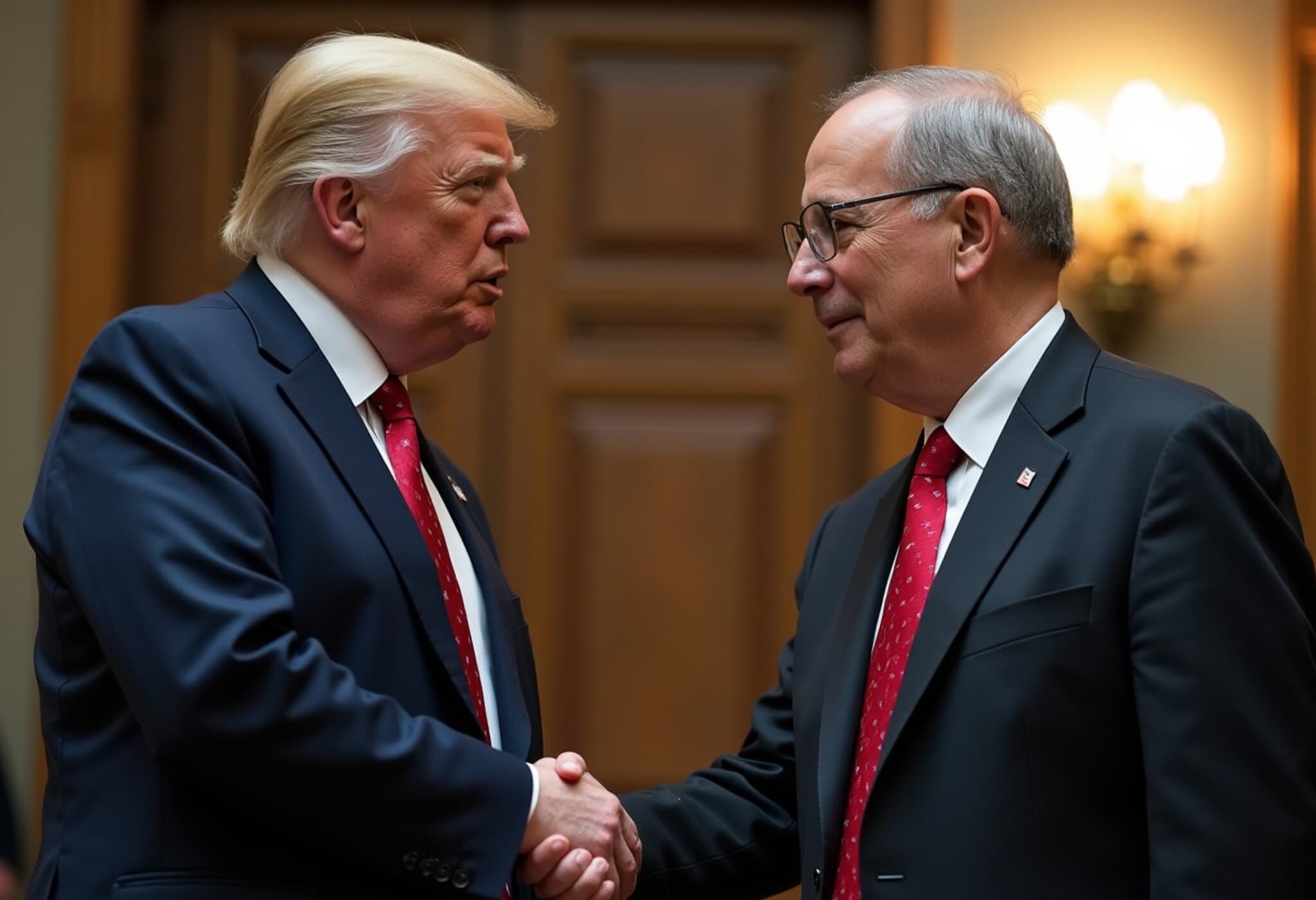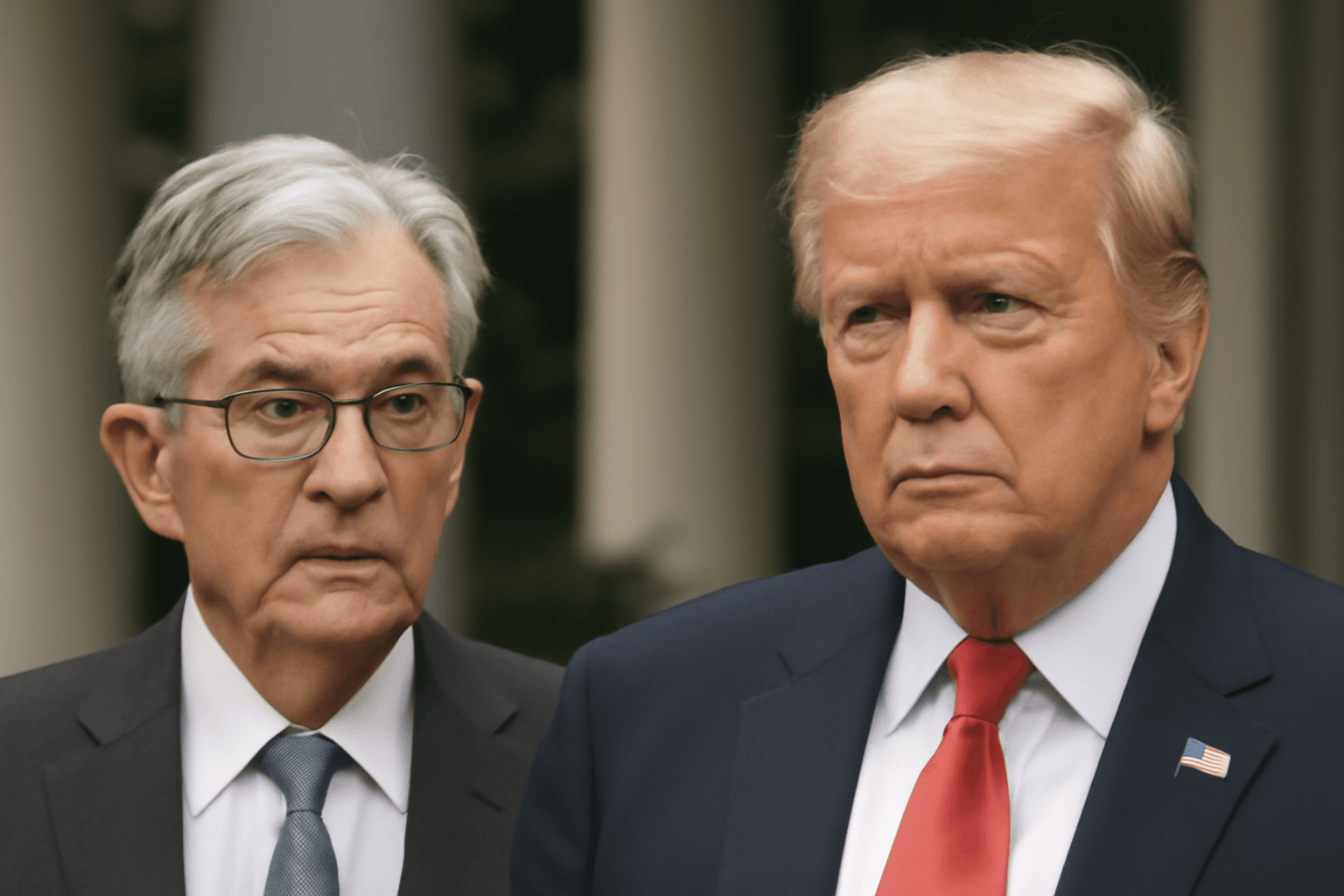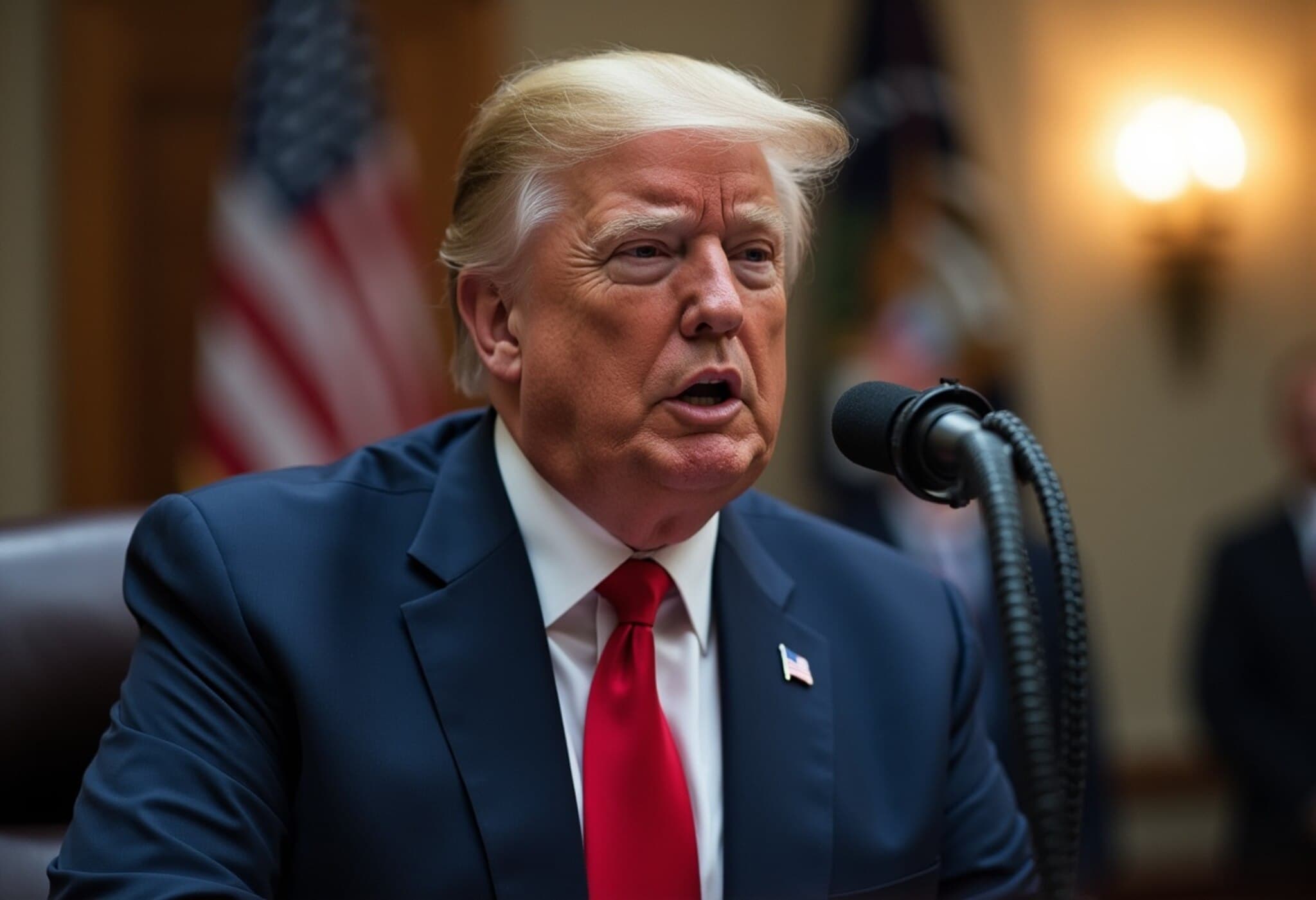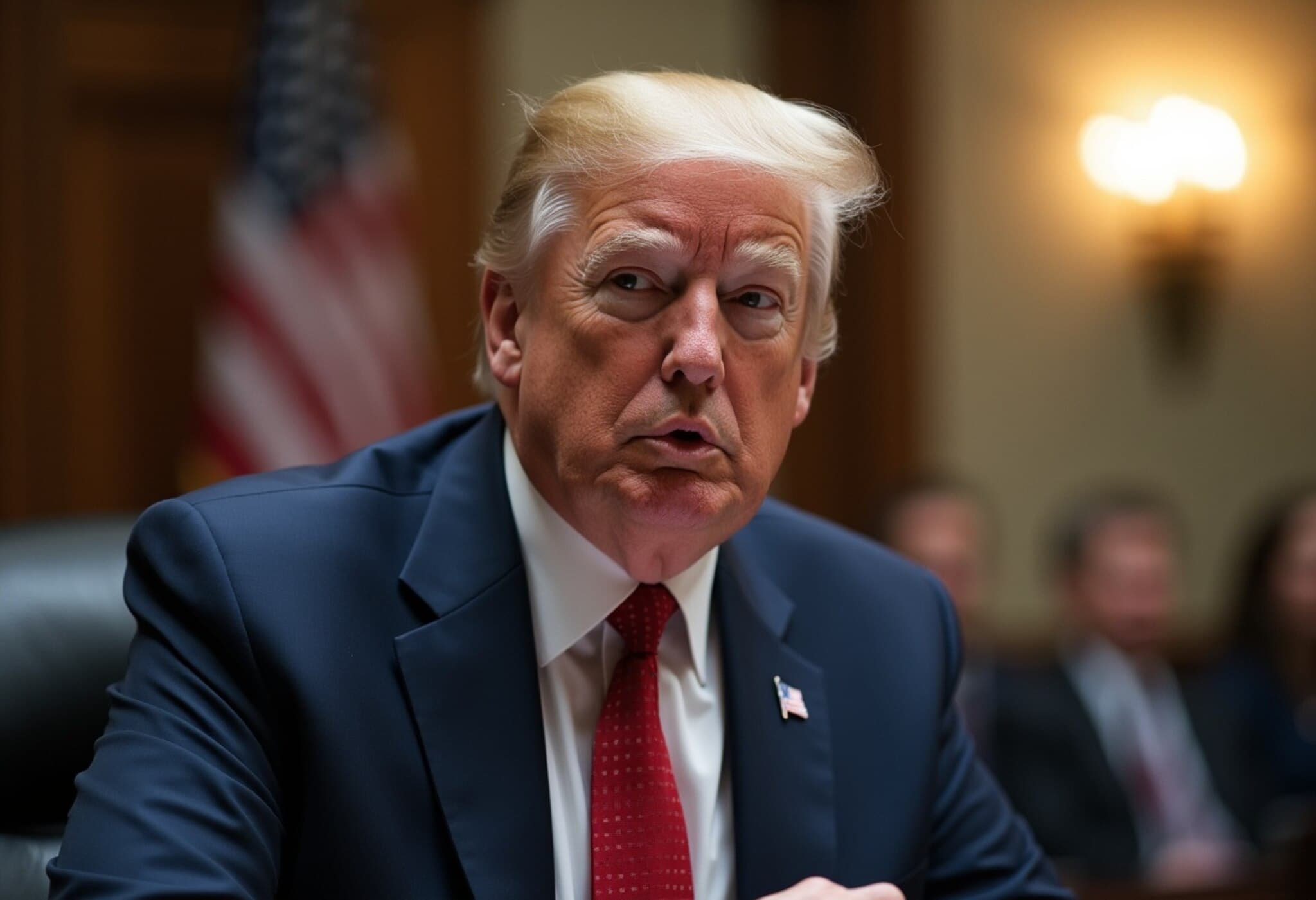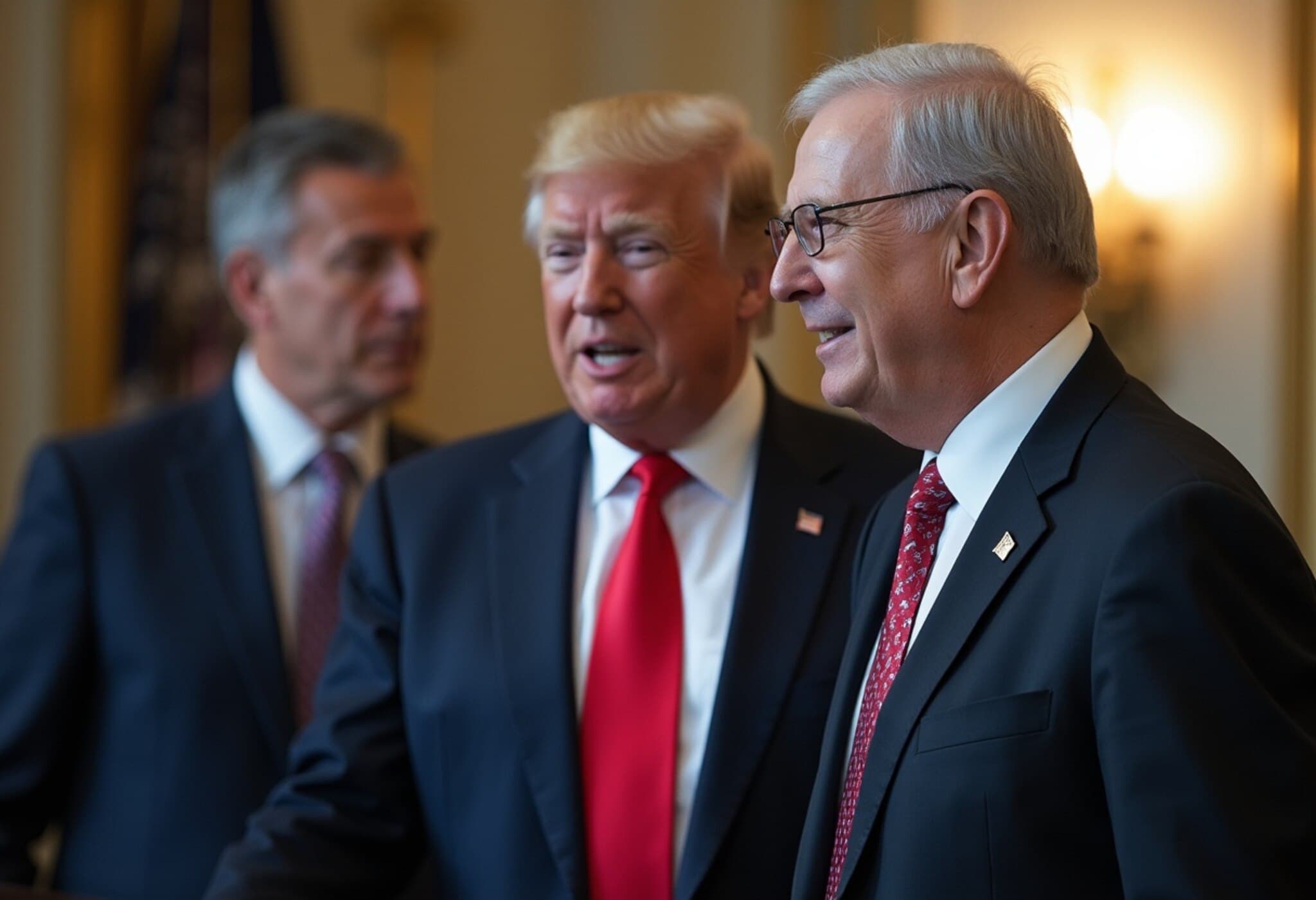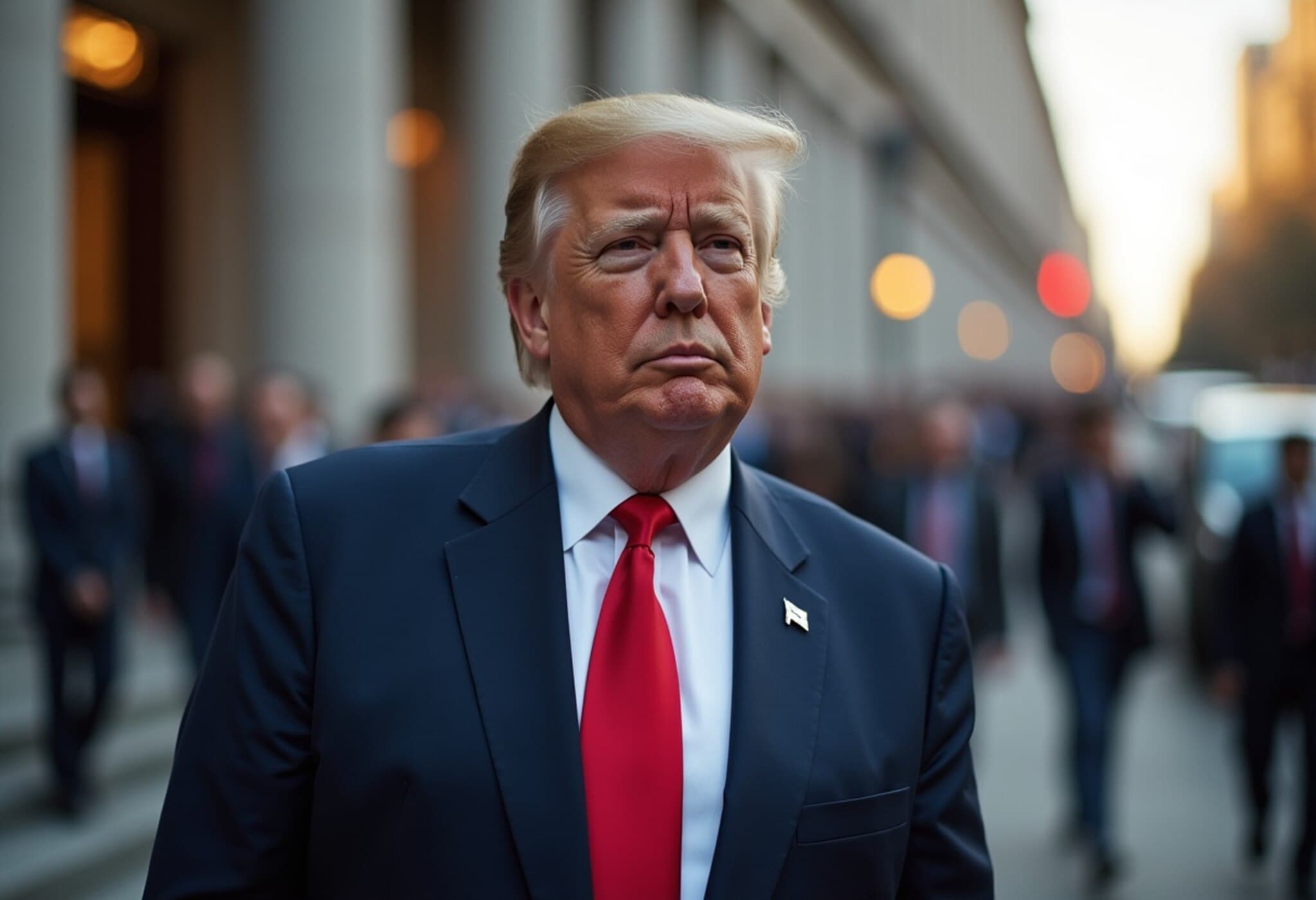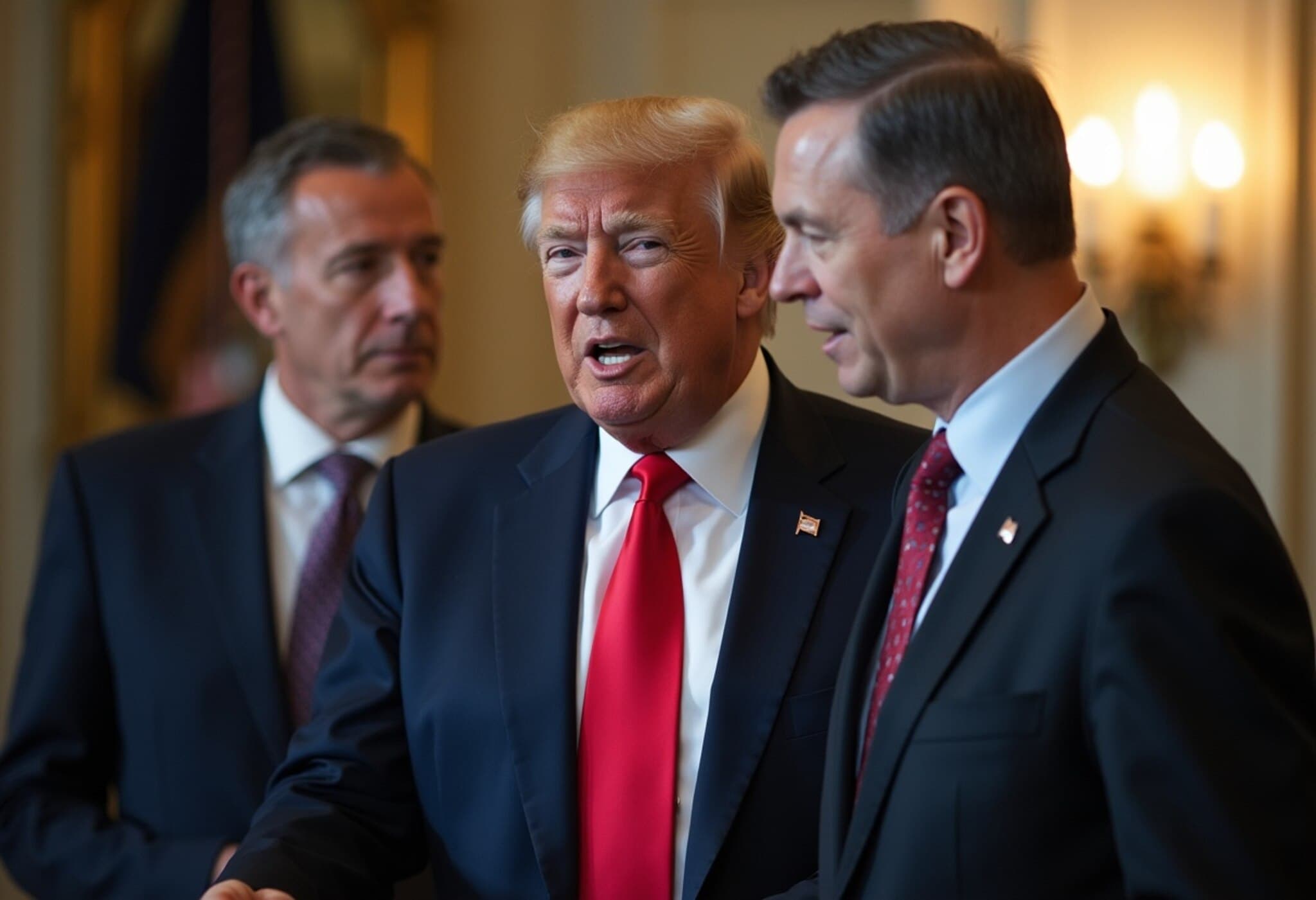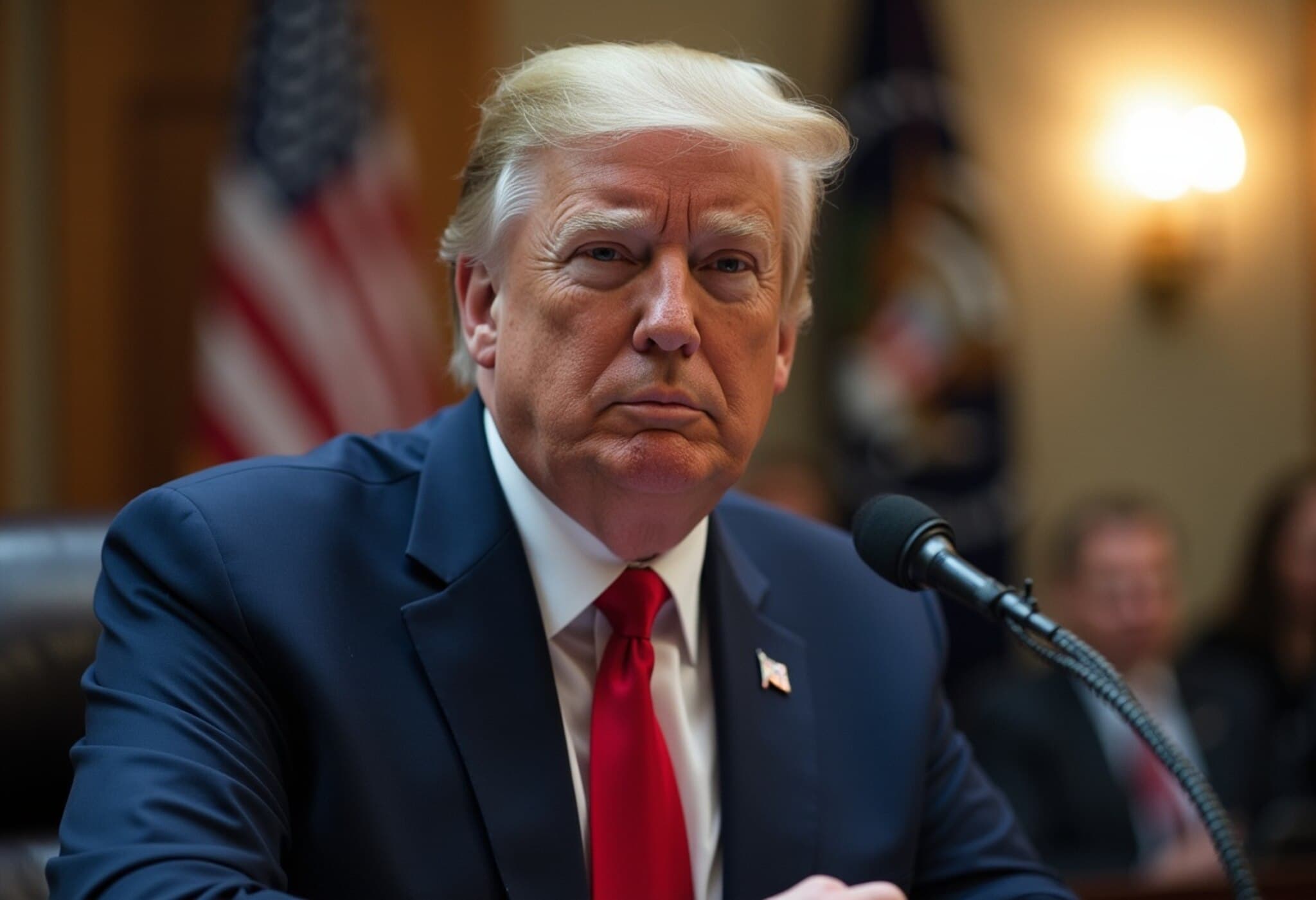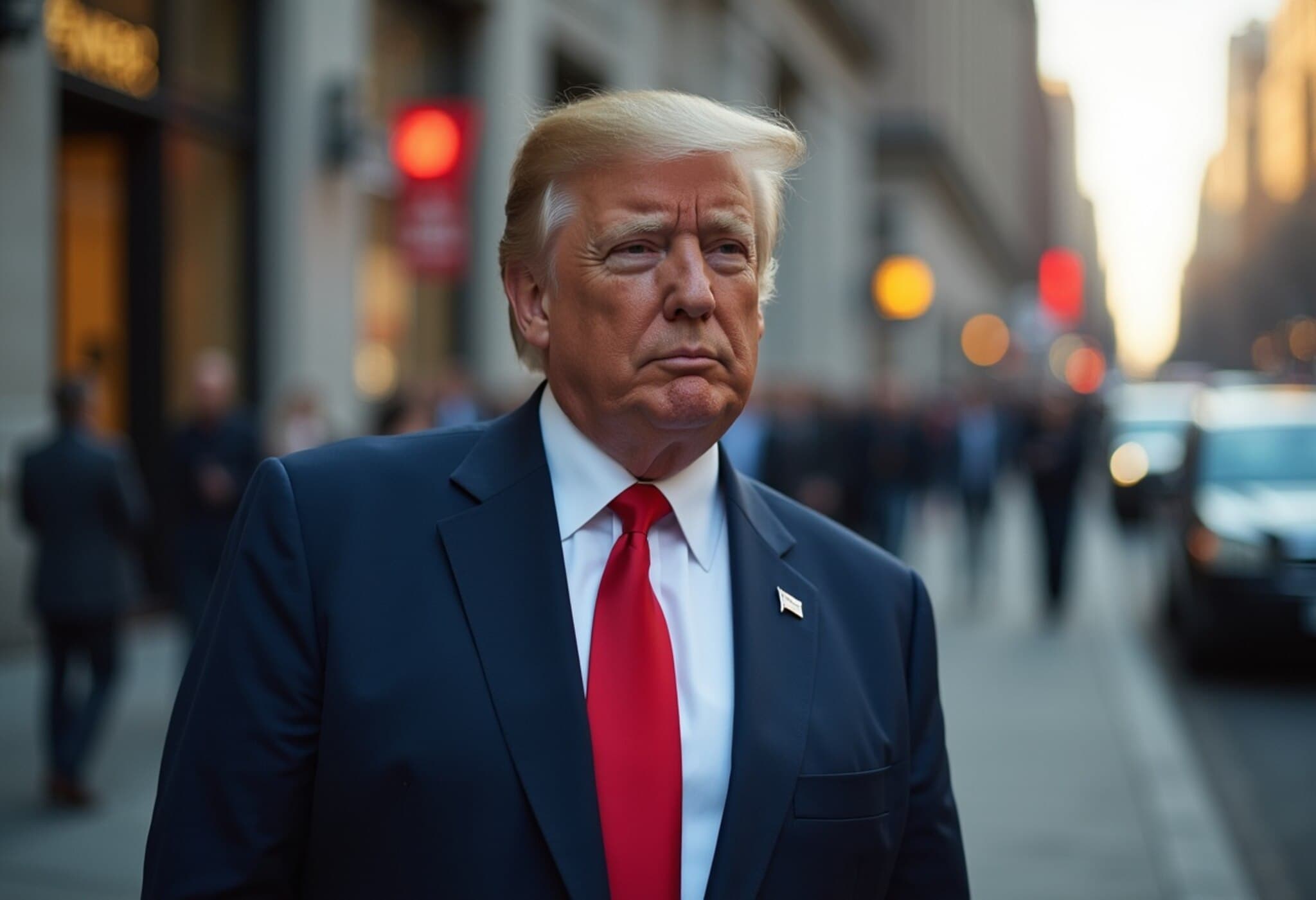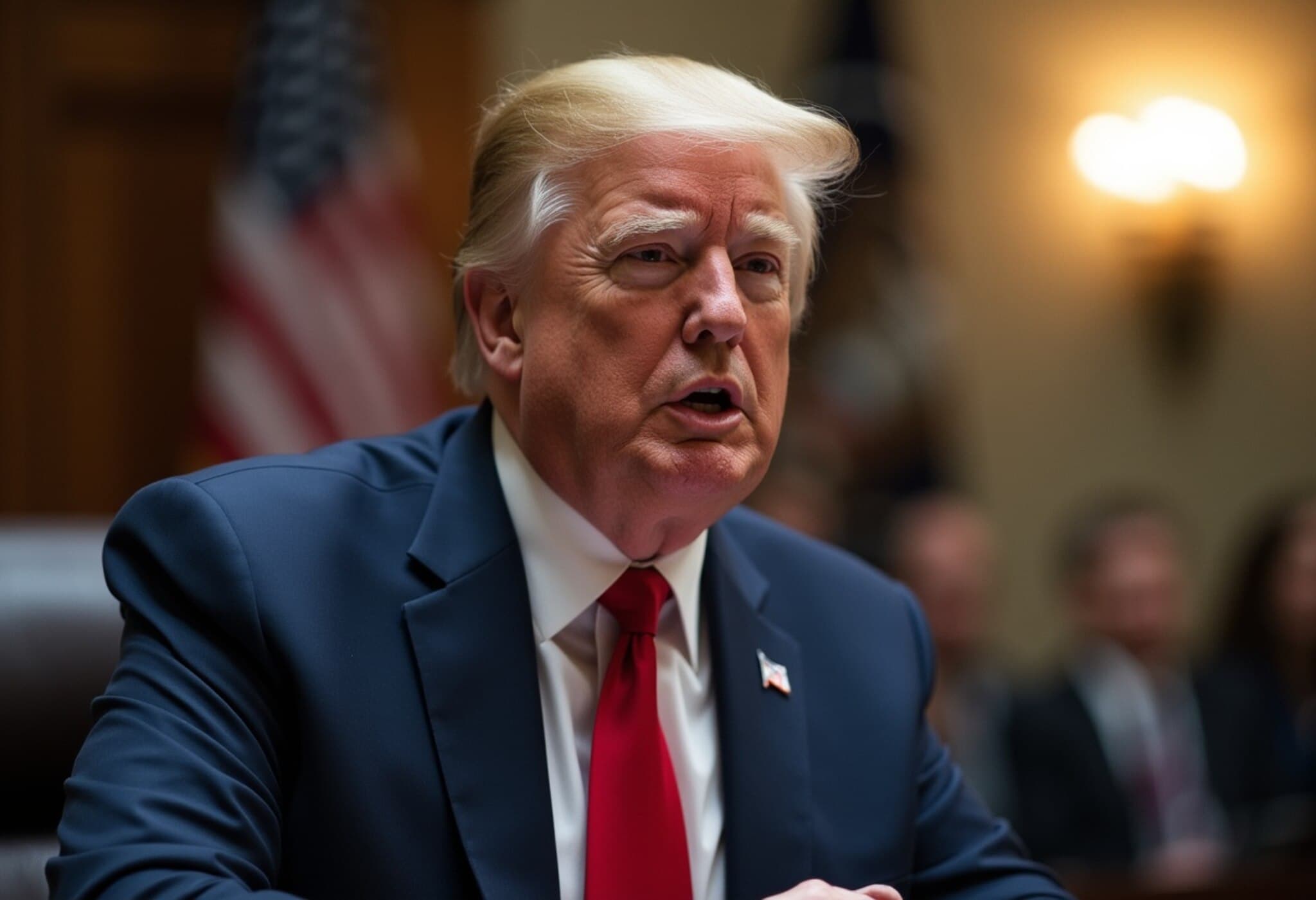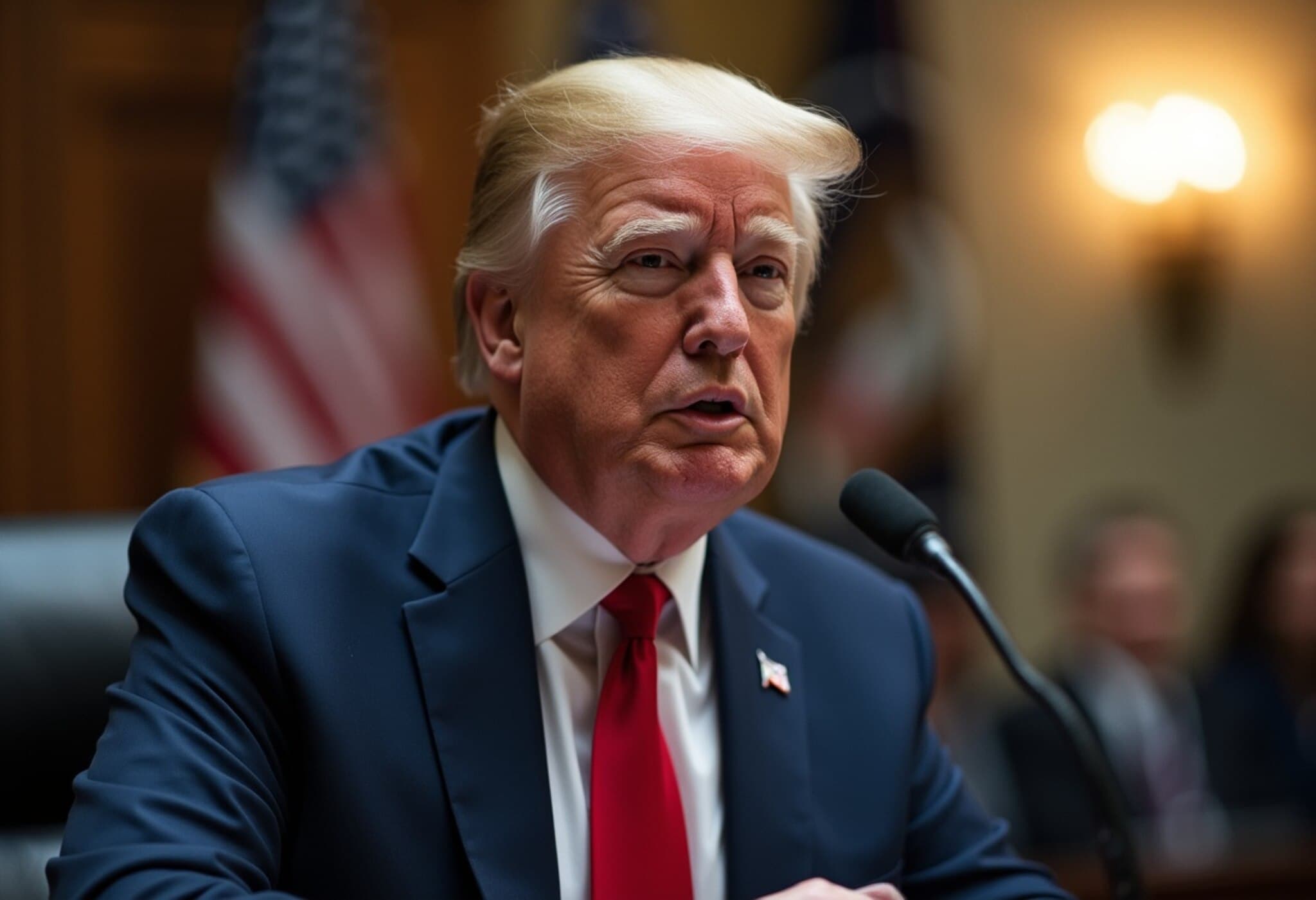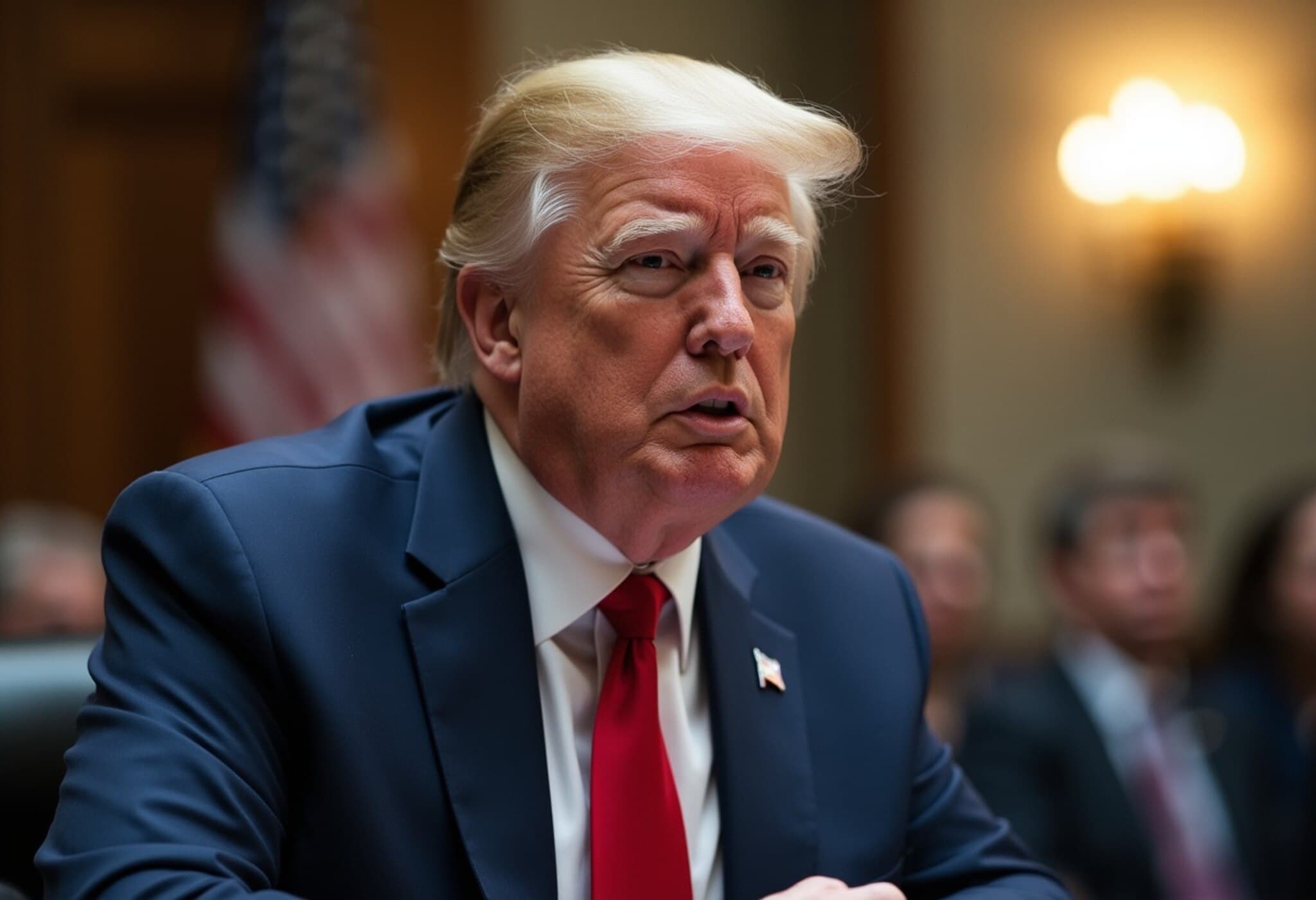President Trump Prepares to Appoint Successors at Federal Reserve and BLS
In a move set to reshape key economic institutions, President Donald Trump announced plans to appoint new officials to two pivotal roles within the U.S. financial and labor infrastructure. Over the coming days, Trump is expected to name successors for a Federal Reserve governor seat and the head of the Bureau of Labor Statistics (BLS), following unexpected recent vacancies.
Unexpected Resignations Spark Leadership Shake-Up
Both vacancies arose last Friday, catching financial markets and policy watchers by surprise. Federal Reserve Governor Adriana Kugler resigned prematurely, even though her term was scheduled to end next January. The reasons behind her early departure remain undisclosed. Meanwhile, Trump moved swiftly to dismiss Erika McEntarfer, the commissioner of the BLS, following a contentious jobs report that ignited criticism from the White House.
Federal Reserve Vacancy: A Strategic Opportunity
Kugler’s resignation removes a steady voice from the Fed’s policymaking body. As a permanent voter on the Federal Open Market Committee (FOMC), she played a crucial role in determining interest rates—a lever that impacts everything from mortgage rates to business loans. Moreover, her input influenced bank regulations vital for financial stability.
Trump indicated he has several candidates under consideration. “I have a couple of people in mind,” he told reporters, hinting candidates could be announced imminently. Experts believe this vacancy accelerates what some are calling the “Trumpification of the Fed,” where the administration seeks to shape monetary policy through appointees who align with its economic priorities.
Potential Contenders
- Kevin Warsh, former Federal Reserve Governor
- Scott Bessent, current Treasury Secretary
- Kevin Hassett, National Economic Council Director
Each candidate brings a unique blend of experience and political alignment with Trump’s vision, potentially signaling a shift toward prioritizing rate cuts to stimulate economic growth.
Bureau of Labor Statistics Leadership Change Stirs Debate
The firing of BLS Commissioner Erika McEntarfer follows a disappointing July jobs report that showed the smallest job additions in over a year and significant downward revisions to prior months’ data—a total correction of 258,000 jobs. Trump publicly criticized McEntarfer, accusing her of overseeing “the biggest miscalculations in over 50 years.”
While revisions are customary as the BLS refines its data with more complete inputs, rising inaccuracies and declining survey response rates have fueled frustrations. Economists like Kevin Hassett have called for modernization and greater transparency in labor statistics, underscoring the importance of reliable data for market confidence.
Concerns Over Politicization
McEntarfer's dismissal has generated alarm among economists and statisticians wary of injecting political bias into independent government data. Michael Feroli, JPMorgan Chase’s Chief U.S. Economist, warned that compromising the integrity of labor data could be as perilous as politicizing monetary policy itself.
Currently, Deputy Commissioner William Wiatrowski is serving as acting head of the BLS, but Trump has yet to publicly announce a permanent replacement.
Why These Appointments Matter
The occupants of these roles influence vital economic signals and policies that affect millions of Americans’ livelihoods—from interest rates on loans to the health of the labor market. In an environment marked by inflation uncertainties and labor market challenges, these leadership changes warrant close attention.
Editor’s Note: Navigating Economic Leadership Amid Political Winds
As the Trump administration moves to fill these influential positions, the balance between political priorities and institutional independence comes into sharp focus. The Federal Reserve’s credibility hinges on its perceived impartiality, while the Bureau of Labor Statistics remains a cornerstone for transparent labor market insights. Will these appointments drive policy changes aimed at short-term economic boosts, or will they preserve the long-standing objectivity vital for market trust? Stakeholders from investors to policymakers are watching closely, underscoring the profound ripple effects leadership decisions in these agencies can unleash.


